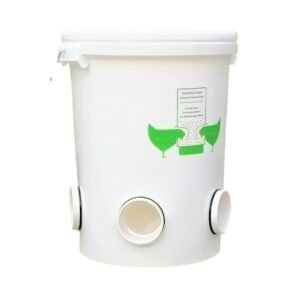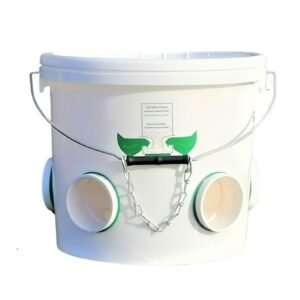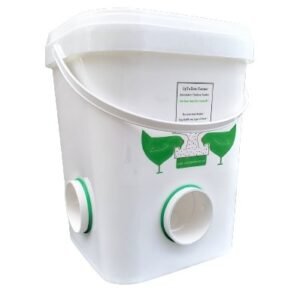Candidiasis is a fungal infection caused primarily by Candida albicans, affecting the digestive tract of poultry. It’s commonly known as “thrush” and can affect all types of domestic poultry, particularly young birds.
SYMPTOMS
CAUSES
PREVENTION
TREATMENT
Symptoms
- Common symptoms across all poultry types:
- Poor growth and feed conversion
- Listlessness and depression
- White plaque lesions in mouth/crop
- Thickened crop wall
- Difficulty swallowing
- Poor appetite
- Specific Manifestations:
- Chicks/Young Birds:
- Higher mortality rates
- Crop impaction
- Stunted growth
- Adult Birds:
- Reduced egg production
- Weight loss
- Diarrhea
- Chicks/Young Birds:
Causes and modes of transmission
- Primary Causes:
- Overgrowth of Candida albicans
- Prolonged antibiotic use
- Immunosuppression
- Poor sanitation
- Contaminated feed/water
- Contributing Factors:
- High humidity
- Overcrowding
- Vitamin A deficiency
- Stress conditions
- Moldy feed
Prevention strategies
- Management Practices:
- Proper sanitation
- Clean drinking water
- Dry feed storage
- Avoid prolonged antibiotic use
- Regular cleaning of feeders/waterers
- Environmental Control:
- Good ventilation
- Proper stocking density
- Humidity control
- Clean litter management
- Regular disinfection
Treatment options
- Medical Intervention:
- Antifungal medications
- Copper sulfate solutions
- Nystatin treatment
- Vitamin A supplementation
- Supportive Care:
- Improved nutrition
- Clean water supply
- Stress reduction
- Isolation of affected birds
- Environmental correction
Conclusion: Success in controlling candidiasis depends primarily on prevention through good management practices and maintaining optimal environmental conditions.


